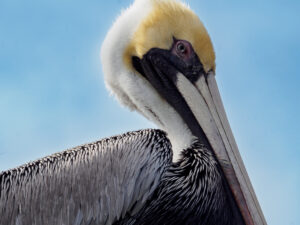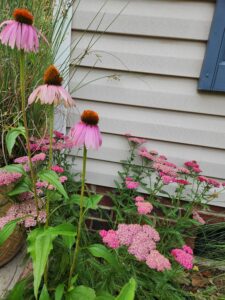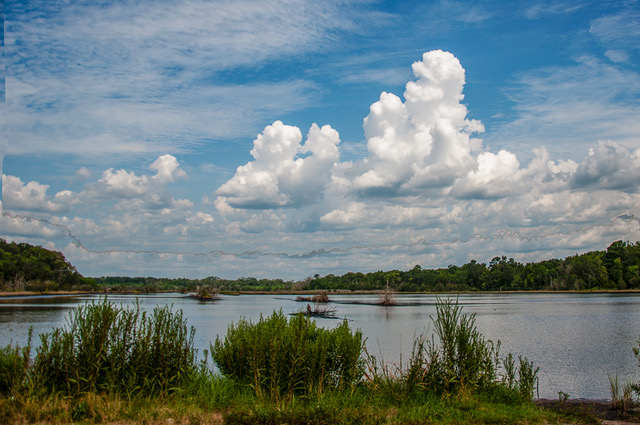
Keep South Carolina Wild
April 03, 2025
The South Carolina Legislature convened on January 14, 2025 for the first session of the two-year session of the 126th General Assembly. The General Assembly will adjourn sine die on Thursday, May 8 at 5:00 pm.
The House has passed a budget, and sent it over to the Senate for review. SCWF is strongly supporting more funding for land protection and acquisition in the Conservation Bank’s and the Department of Natural Resources’ budget requests. Additionally, SCWF is supporting the Forestry Commission budget request for more personnel and equipment.
Outside of state budget issues, most of our efforts this early in the session pick up familiar issues that we have supported in the past as well as some new areas of focus. A few of those issues are listed below – check the links for detailed descriptions and current status of the bills.
Our website HERE has a complete list of wildlife-related bills, updated daily.
Current Legislation:


Stay tuned to our website HERE for updates on these bills and others!
Photo credits: SC State House by Sara Green, Brown Pelican by Jennifer Plunket, and Native Plants by Savannah Jordan.
Tags: Advocacy, Birds, Native Plants, Shorebirds, Legislature

South Carolina Wildlife Federation Announces Nicole Chadwick Memorial Scholarship Fund and Annual Scholarship Application Deadline [caption id="attachment_5704" align="alignright" width="300"] Image of Nicole Chadwick[/caption] The South Carolina Wildlife Federation (SCWF) today...

03/05/2025 - Posted by Daniel Island News Attempt to halt Point Hope construction stalls BY: ELIZABETH BUSH, BETH@THEDANIELISLANDNEWS.COM A panel of federal judges has denied an appeal from environmental groups...

Congratulations to our newly minted class of Midlands Master Naturalists! We recently celebrated their achievement with a nature hike at Congaree National Park, where we saw the largest loblolly pine...